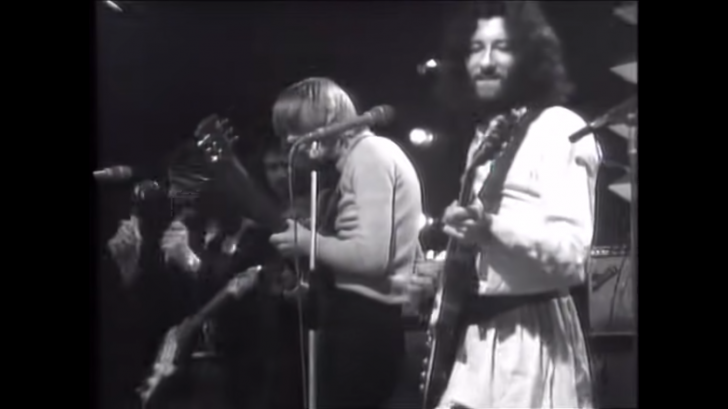For some, the genre movement was just a passing fantasy. For others, the contact was encouraged by a lineup change (Moody Blues left behind rhythm and blues). While a few are still searching their genre adventure.
Bee Gees
The English brother band began as a harmonizing Beatlesque group that probed into psychedelic and folk-rock. While they had achievement with it, the Brothers Gibb lost track in the early Seventies. So in 1974, Barry Gibb chose to adopt a new trademark high vocals, the siblings abandoned their turtlenecks for bell-bottoms, and – with John Travolta’s guidance – shifted as disco gods.
The Byrds
The Byrds helped pioneer folk-rock and psychedelic rock, but they gave a clue to their fate when they covered the country classic “Satisfied Mind” in 1966. After Gene Clark and David Crosby departed the band, the remainders gathered toward the genre.
Fleetwood Mac
In the late ’60s, Mick Fleetwood, John McVie, and Peter Green, John Mayall, and the Bluesbreakers formed Fleetwood Mac, best remembered for “Black Magic Woman” as a blues band. But when Lindsey Buckingham and Stevie Nicks joined the group in the mid-70s, the group departed with blues-rock and went on to record mainstream rock style music.
Iggy Pop
Before becoming the Godfather of Punk, James Osterberg was a completely dressed drummer who played for a blues band called the Prime Movers, obtaining an apprenticeship working with blues legends like Big Walter Horton and J.B. Hutto.

